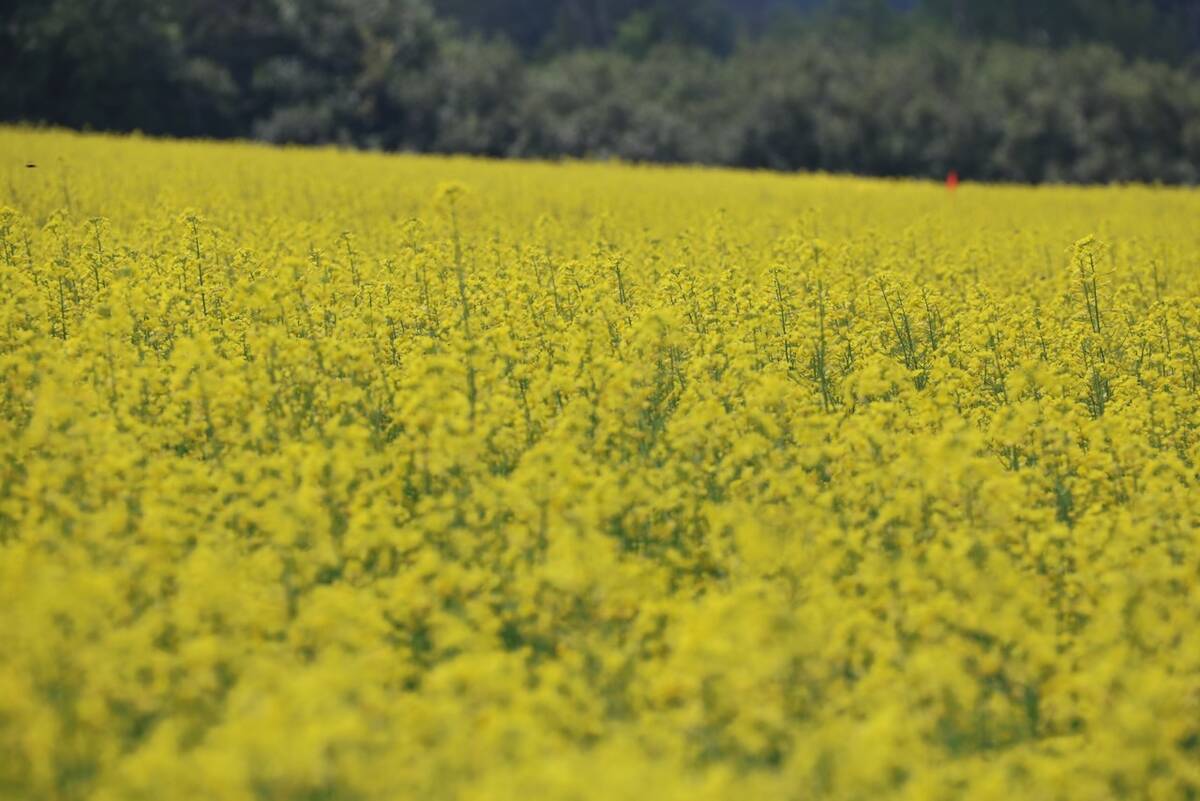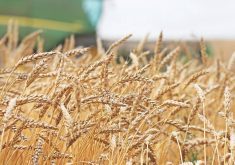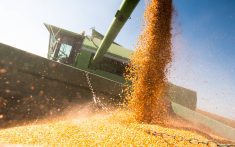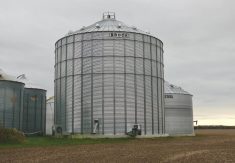MarketsFarm — Carryout stocks of Canadian lentils could tighten to their smallest level in seven years by the end of the current 2022-23 marketing year, according to updated supply/demand estimates from Agriculture and Agri-Food Canada.
While lentil production of 2.3 million tonnes was up by 44 per cent from the drought-stricken 2021-22 crop, expectations for increased export demand are forecasted to lead the carryout to tighten to only 100,000 tonnes. That would be down from 224,000 tonnes on July 31, 2022, and well-off the five-year average of 520,000 tonnes.
Read Also

Speculative net long position grows in canola
Speculative fund traders have added to their recently established net long position in canola, according to the latest Commitments of Traders report from the United States Commodity Futures Trading Commission (CFTC) released Friday, Feb. 27.
The stocks-to-use ratio for lentils is forecast at only four per cent, which compares with 12 per cent last year and only slightly above the three per cent stocks-to-use seen in 2015-16 when lentil ending stocks hit their low of the past decade of only 73,000 tonnes.
Lentil exports in 2022-23 are forecast at 2.3 million tonnes, which would be up from 1.6 million the previous year. However, lentil exports through the first three months of the marketing year, at 560,000 tonnes, are running about 90,000 tonnes behind the 2021-22 level through three months, according to Statistics Canada trade data. India is the largest importer to date, taking 146,000 tonnes, with Turkey at No. 2 at 114,000 tonnes.
The situation is more comfortable in peas, with forecasted ending stocks of 650,000 tonnes well above the 2021-22 carryout of 385,000 tonnes and the five-year average of 427,000 tonnes. The pea stocks-to-use ratio is estimated at 20 per cent, which would be up from 20 per cent the previous year.
Canadian pea production in 2022-23 of 3.4 million tonnes compares with the 2.3 million tonnes grown in 2021-22. Exports are forecast at 2.5 million tonnes, from 1.9 million. Domestic usage is also expected to rise by 24 per cent, at 686,000 tonnes.
— Phil Franz-Warkentin reports for MarketsFarm from Winnipeg.
















